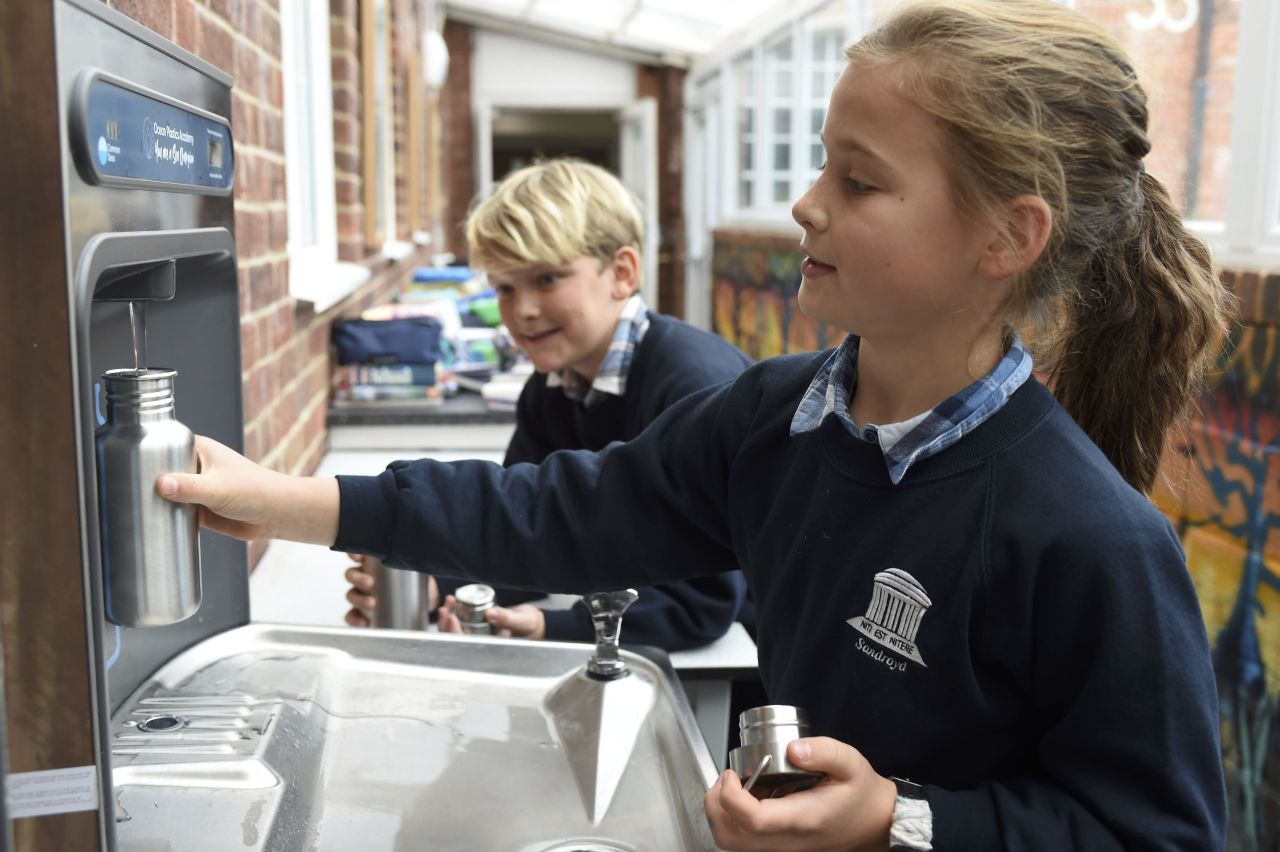On 9th December 2021, Common Seas and Kids Against Plastic hosted an online webinar to discuss how Nottinghamshire’s schools could go plastic-waste-free.
Chair
Daniel Capurro, Correspondent for The Telegraph
Panel
- Jo Royle, CEO, Common Seas
- Amy Meek, Founder, Kids Against Plastic
- Tom Randall MP, Member of Parliament for Gedling
- Cllr Tracey Taylor, Chair of the Children and Young People’s Committee, Nottingham City Council
- Darren Henry MP, Member of Parliament for Broxtowe
- Lord Coaker, Peer and Former Schools Minister
- Lilian Greenwood MP, Member of Parliament for Nottingham South
Daniel Capurro kicked off the conversation highlighting the aim of Plastic Clever Schools to support teachers and their students in Nottinghamshire by providing the resources they need to radically reduce plastic waste in order to meet the Government’s 2022 plastic target.
He then asked the panellists individually how they believe Nottinghamshire’s schools can go plastic-waste free.
Jo Royle began by explaining how Plastic Clever offers a simplified process that can involve the entire school community or a group of inspired champions within that school. It offers the opportunity to build on literacy, enables hands-on, real-world experiences and is designed to inspire a lasting change through curriculum change and policy. Jo emphasised how their three-step plan to inspire, investigate and then act would help schools go plastic-waste free.
Amy Meek agreed that the Plastic Clever Schools challenge was designed primarily to help as many schools in Nottinghamshire take their first steps to reduce plastic waste and increase environmental education alongside that. Amy summarised by saying that the aim of the process is to, “support schools through every step of the way”.
Daniel Capurro emphasised the strain teachers are under with catch up post lockdown and asked Cllr Tracey Taylor how Plastic Clever can be integrated into the curriculum so as not to be seen as a burden. Cllr Tracey responded by stressing the importance of introducing a lateral approach, whereby, “school leaders and supporters shape and influence what schools are doing but without putting that on the front line teaching staff”.
Lord Coaker underlined the importance of Plastic Clever not being a bolt-on but rather an embedded policy, with clear practical steps for every minute of the day. He emphasised how Kids Against Plastic provides the enthusiasm and urgency schools need and was firm on the point that there should be less discussion and more action when he gestured to participants, saying: “Let’s kick it off big time”.
Darren Henry announced that as an MP he can help encourage schools in his constituency to become Plastic Clever which he determined would help the government reach their targets too. Darren stressed the role we all have in reducing plastic waste, alongside the critical work of Kids Against Plastic; educating and inspiring schools.
Tom Randall expressed the benefits of the infectious enthusiasm that comes with the Plastic Clever project by repackaging the challenge in a positive framework. He stated his concern over an attempt to change every at once and suggested the importance of working “with the grain of human behaviour” and working “with people to affect change”.
Lilian Greenwood highlighted how there were lots of changes to be made and both us as individuals and the government have a part to play in them. Lilian also voiced the labour party’s interest in schools reducing plastic being about the opportunity to save money and in turn create more money to invest in children’s futures.
The conversation moved on to Jo discussing the importance of empowering rather than imposing the challenge on young people. Jo highlighted how the 370m tonnes of plastic waste we produce each year is set to increase by 40% in the next decade and acknowledged how her generation wouldn’t be able to solve the crisis on their own watch but they could, “equip young people with the right knowledge and skills to be the solution”.
Panellists agreed that Plastic Clever Schools feels fun and exciting and that it evokes a healthy competition about moving through the stages whilst also being a valuable network for sharing ways to help design a plastic-waste free future and champion the challenge.
To conclude the discussion Amy evoked how important the challenge is for young people to feel like they have an active role in confronting
the crisis. Amy also emphasised how the challenge gives pupils a voice and an education that they can take back to their friends and family, reshaping habits in communities. After thanking the panellists and guests, Amy shared her hopes for the following year to see as many schools as possible registering on the Plastic Clever Schools website to become Plastic Clever.

